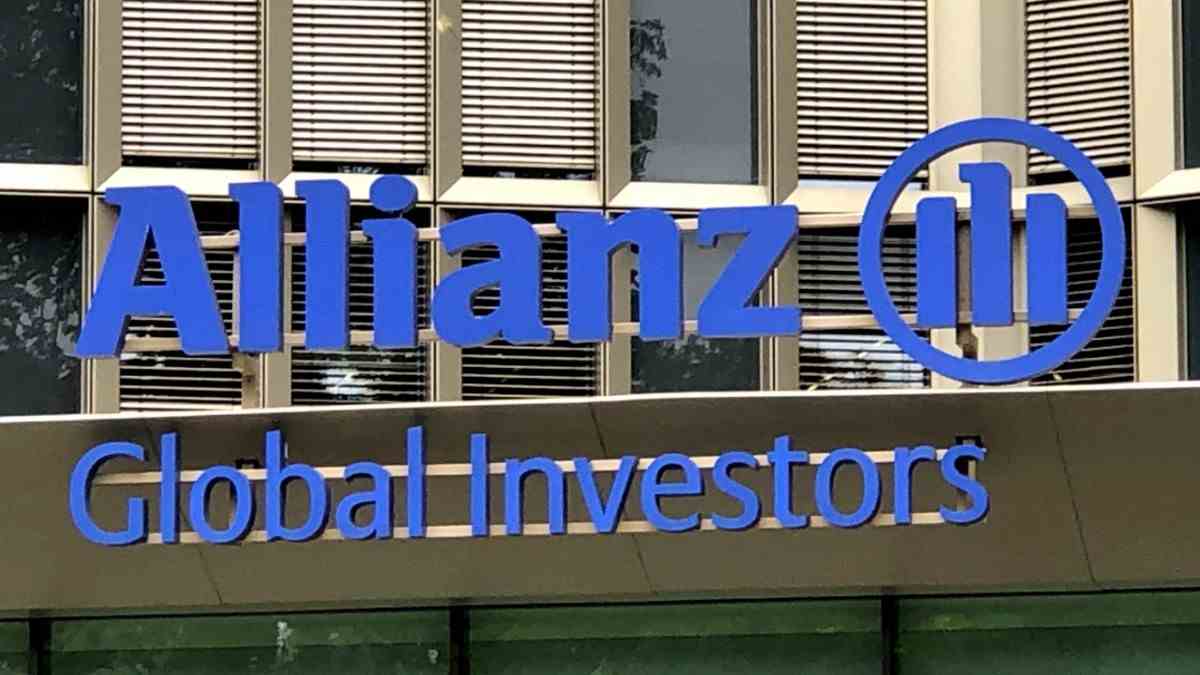In the USA, the legal investigation of Allianz’s Structured Alpha scandal has begun. The subsidiary Allianz Global Investors (AGI) has lied to investors for years and thus concealed the high risks of Structured Alpha. The US Department of Justice and the Securities and Exchange Commission (SEC) accuse the Munich insurance group of this. The company has to pay billions in fines. And: AGI US is not allowed to offer investment funds in the USA for ten years.
Two particularly brazen examples of fraud: In a risk report to large investors, AGI calculated the loss potential in a stock market crash. It was 42.15 percent of the money invested. But this value apparently seemed too high to the managers. They simply left out the number two in the message to investors, resulting in 4.15 percent, a quite bearable value. In one day in early 2020, one fund lost 18.3 percent. That didn’t fit into the picture either, they made it 9.3 percent.
Now the scandal has far-reaching consequences. AGI has pleaded guilty and has been fined $2.33 billion by the US Department of Justice. The US government is also confiscating $463 million.
Allianz has pledged $3.24 billion in compensation for investors. The Securities and Exchange Commission has also imposed heavy fines. The 5.6 billion euros that the group has so far set aside for the burden should hardly be enough. Three former Allianz managers have to answer in court.
The structured alpha funds offered large customers particularly high returns with alleged crisis security. At its peak, Allianz had $11 billion invested in Structured Alpha funds, and the group earned $550 million in fees.
The funds were sold to 114 institutional investors from 2016 to 2020, including pension funds for teachers, health insurance employees and subway drivers. “Allianz Global Investors has admitted to defrauding investors over a number of years, hiding losses and downside risks to a complex strategy and failing to implement key risk controls,” said SEC Chairman Gary Gensler.
The SEC accuses Allianz of being highly risky from the start. That came to light in the stock market crash at the start of the pandemic in early 2020. According to the SEC, the three managers responsible systematically manipulated financial reports. After the 2020 crash revealed the high risk of the investment structures, the three tried to cover up their behavior, so the accusation.
Even before the allegations of fraud, investors had accused Allianz of not complying with its own investment rules and of having misinformed them. They have sued the group for damages in more than 20 proceedings, and he has reached an agreement with a number of them.
Allianz initially denied the allegations. But when the Justice Department began its investigation last year, the tone changed. Board member Jacqueline Hunt, who was responsible for asset management, left the board in September 2021 amid assurances from the board that she was not guilty.
CEO Oliver Bäte has always denied any direct responsibility. However, he has to put up with the accusation of insufficient supervision of the group. In 2020, as the Structured Alpha scandal culminated, Allianz had to deal with two other, albeit smaller, fraud allegations.
In Australia, the group was sentenced to pay 0.9 million euros for misleading advertising. In Bermuda, the supervisory authority had imposed a fine of 1.4 million euros on Allianz Life Bermuda because they accused it of violating regulations on money laundering and terrorist financing.
Bäte has so far been able to count on the support of large investors, whom he spoils with guaranteed high dividends and share buybacks. However, the fact that AGI has been able to swindle undetected for over five years could shake that fidelity.

